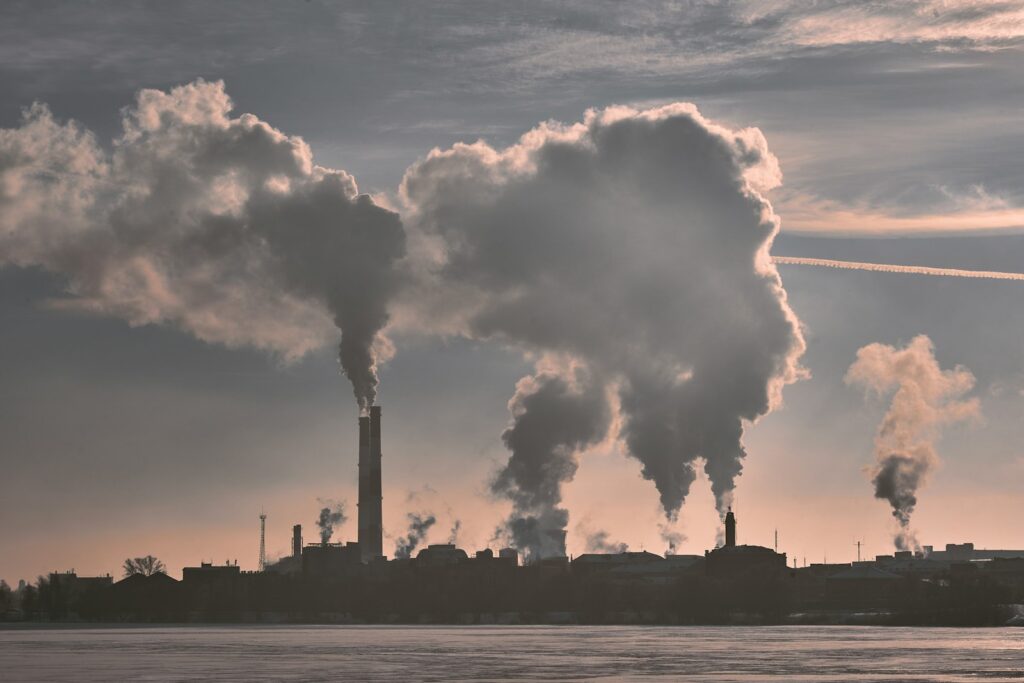Genetically modified food has had a bad press for decades, but it could be vital in tackling food scarcity in developing countries, writes Jacob Tucker.
As the human population of the world increases, a greater amount of food is becoming a necessity.
The main problem with getting enough food for everyone is the limits of available land – even in the UK, which imports more than half of all the food it consumes, the percentage of land devoted to agriculture is almost 70%.
This problem is also exacerbated by anthropogenic climate change – as temperatures rise and extreme weather intensifies, the nature of agriculture will have to change to avoid some sort of Malthusian Catastrophe, where not enough food can be made to feed the population.
Many African and Asian countries require massive amounts of infrastructure and funding to free themselves of starvation, and while efforts are being made, it is unlikely food will be plentiful enough over there for a long time.
Recent scientific advancements have revolutionised agriculture.
In the 20th century, tractor-pulled ploughs were invented, and pesticides and herbicides increased the quality of food derived from the land.
In the last few decades, massive advancements in methods such as hydroponics and genetic modification have allowed plants to grow in harsher, unnatural environments.
Genetically modified plants (such as ‘Golden Rice,’ which was modified to include more Vitamin A, potentially averting millions of cases of blindness and thousands of deaths), seem to be the future of agriculture. But there are a growing number of people who consider genetically modified food to be a new problem, rather than a solution.
A common argument is that genetically modified foods are sometimes not safe for other animals – a metanalysis of 19 studies found that it was possible they led to kidney and liver problems.
While this may have been true for the samples used by the studies, the animals tested (mainly rats) are obviously genetically different from humans, and it is reasonable to assume that the differences caused by species may decrease the accuracy of the studies.
No-one is claiming genetically modified plants are all completely safe – the technology and processes are mere decades old, and more refining and research will need to be done. Genetically modified foods already have shown higher yields, use less fertilizer, and use less herbicides.
In a few decades (or perhaps less than that) it seems reasonable to assume they will be safer.
Genetically modified foods may prove vital for the future of our species, and for reducing the percentage of the population that is underfed or starving.
If the process has improved in just a couple of decades to the point that plants can be modified to contain a specific vitamin and become more pest resistant, it seems almost guaranteed that future advancements will also be of great use.
The planet is changing quickly, but if we take care of our environment and create more funding for scientific developments, our future could still be saved.















Jesus is the only one that can save the planet.